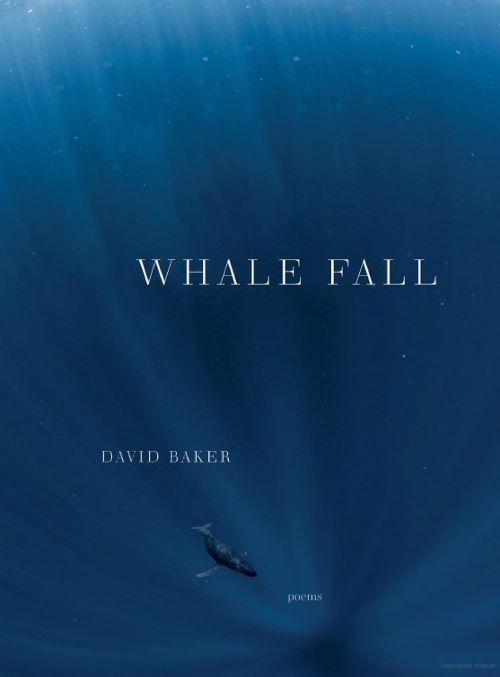Mýrdalsjökull Glacier is a slowly moving icecap in southwestern Iceland, just north of the coastal village of Vik, with its black-sand beaches and huge basalt columns. The glacier’s about 230 square miles in area, neither big nor little, but middling as glaciers go, yet is Iceland’s fourth largest icecap. Deep beneath lies the active volcano, Katla, part of an ancient system that formed the island and provided the lava and pumice that darkens the sands and underlies the permafrost.
We landed in the evening—my partner Page Starzinger and I—at Keflavik airport, some 35 miles from Reykjavik, and by the time we got to the city and our hotel, it was after midnight; the sun would start to brighten again, if dimly, at 2 a.m. There we met up with my daughter Katie, and the three of us explored for a marvelous week—waterfalls and hot springs, geysers and permafrost. But the glaciers were my fascination. I’d been on or near glaciers before, but Myrdalsjokull was special to me, making its slow crawl down from the heights toward the sea. At its mouth, where a cold small river flowed from the melt, the land was rocky and uneven and the ice was dark with volcanic debris and ages of rubble.
It was beautiful beyond words, and even more heartbreaking. Glaciers around the globe, as we know, are melting to an order of magnitude greater than the natural process. We call the culprit climate change, in one of our dim euphemisms for environmental disaster. In fact, we are the culprit, as we are the cause of the Anthropocene Era. I don’t know Myrdalsjokull’s rate of melt, but I do know there’s a larger glacier in northwest Greenland whose current melt is producing 6 billion tons of water. A day.
I stood there at the glacier and felt deep below my feet the world moving and the ice dying. Glaciers melt from the bottom, and from within, as they creep along inexorably toward lower ground and, eventually, toward oceans and seas. How to write about such things? How can a small lyric poem begin to suggest the complexities of the subject and this place? I guess the answer is, how can we not try?
I took notes that day in a notebook, as I do, but did not think any of it would be a poem until months later and after a lot more reading. I started then to shape some of those notes, to listen for an idiom, a music, an intonation that would suit my sense. I had no idea what would happen, other than the poem would be “about” Myrdalsjokull. As it took shape, again, as I do, I used a normative syllabic line to give me some early gestures of pressure. I find the math of the thing helpful, not inhibiting.
One of the first discoveries was in the math, in fact, in the opportunity of a decasyllabic line. I had in mind to write something sonnet’s-length, and soon I had some lines. I wanted a tone of sorrow but also of an even greater sense of time, the ancientness of things, primitive yet on the move. It was purely a lucky happenstance that, when I counted, I saw that by far the longest line in my draft (perhaps draft 5 or 6 at this point) was the first line—not in syllables, since all the lines had 10 syllables, but in characters. I mean, the simple number of spaces on the typed line.
Then it was a matter of doing something with that fact. Soon I could see an opportunity for caesurae—fissures in the middle of the stanza, a crack running down the center of the object. I started to rewrite again, now paying attention to slippage, an icy tentative-footedness; and some of the phrases and clauses then could be elided, something started before something else is finished, a kind of inexorable movement—troubled but also certain of movement. This is to say, I was trying to let the glacier’s condition show me ways to build some of those specific natural (or unnatural) processes into the form and craft of the poem. The poem got shorter, too, down from 14 lines to 12, then 11, as another aspect of melting-away. Subject’s not enough, sometimes; you have to embody the subject through tactics of form, style, syntax, strategy.
“The Telling” took about a month of writing and rewriting, sometimes just making tiny adjustments, sometimes refiguring images, sometimes recalibrating the syntax. I don’t want it to “look” like a melting glacier, but I do want it to suggest some of the processes of diminishment, elision, loss, also endurance, and the massive circular sense of the cyclic nature of things.




